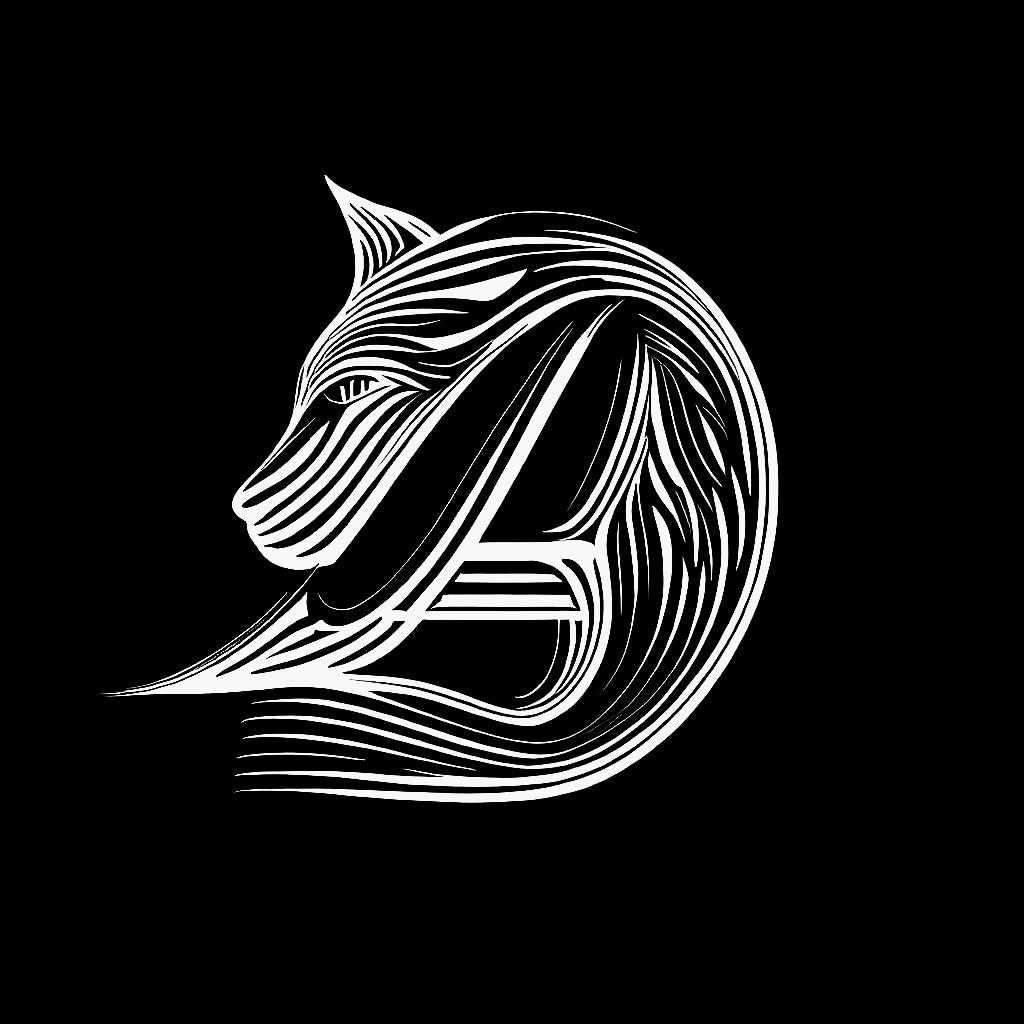Picture an orchestra, each instrument playing a vital role in creating a harmonious melody. Now imagine if one of the instruments starts to rust, its notes turning sour, affecting the entire performance. This is the essence of oxidative stress—a subtle, often unseen force that can alter the cellular symphony of life. It’s a phenomenon as ubiquitous as it is intriguing, casting its shadow on our pets just as it does on us. So, allow me to be your conductor through this complex yet fascinating composition, where we explore the rust of the biological world.
Picture an orchestra, each instrument playing a vital role in creating a harmonious melody. Now imagine if one of the instruments starts to rust, its notes turning sour, affecting the entire performance. This is the essence of oxidative stress—a subtle, often unseen force that can alter the cellular symphony of life. It’s a phenomenon as ubiquitous as it is intriguing, casting its shadow on our pets just as it does on us. So, allow me to be your conductor through this complex yet fascinating composition, where we explore the rust of the biological world.
Picture an orchestra, each instrument playing a vital role in creating a harmonious melody. Now imagine if one of the instruments starts to rust, its notes turning sour, affecting the entire performance. This is the essence of oxidative stress—a subtle, often unseen force that can alter the cellular symphony of life. It’s a phenomenon as ubiquitous as it is intriguing, casting its shadow on our pets just as it does on us. So, allow me to be your conductor through this complex yet fascinating composition, where we explore the rust of the biological world.
Picture an orchestra, each instrument playing a vital role in creating a harmonious melody. Now imagine if one of the instruments starts to rust, its notes turning sour, affecting the entire performance. This is the essence of oxidative stress—a subtle, often unseen force that can alter the cellular symphony of life. It’s a phenomenon as ubiquitous as it is intriguing, casting its shadow on our pets just as it does on us. So, allow me to be your conductor through this complex yet fascinating composition, where we explore the rust of the biological world.
Picture an orchestra, each instrument playing a vital role in creating a harmonious melody. Now imagine if one of the instruments starts to rust, its notes turning sour, affecting the entire performance. This is the essence of oxidative stress—a subtle, often unseen force that can alter the cellular symphony of life. It’s a phenomenon as ubiquitous as it is intriguing, casting its shadow on our pets just as it does on us. So, allow me to be your conductor through this complex yet fascinating composition, where we explore the rust of the biological world.
In the quiet sanctum of each living cell, a dance is underway. It’s a dance of DNA, of chromosomes spiraling in a waltz orchestrated by the clock of life. At the tip of each chromosome, a mysterious figure leads the dance—a telomere. Invisible to the naked eye, these telomeres play a role as profound as it is elusive. They set the tempo, guiding each cell through its lifecycle. And as our pets age, this ballet takes on new forms, new rhythms, and new meanings. Let’s draw back the curtains and witness this magnificent performance that holds the secrets of aging.
In the quiet sanctum of each living cell, a dance is underway. It’s a dance of DNA, of chromosomes spiraling in a waltz orchestrated by the clock of life. At the tip of each chromosome, a mysterious figure leads the dance—a telomere. Invisible to the naked eye, these telomeres play a role as profound as it is elusive. They set the tempo, guiding each cell through its lifecycle. And as our pets age, this ballet takes on new forms, new rhythms, and new meanings. Let’s draw back the curtains and witness this magnificent performance that holds the secrets of aging.
In the quiet sanctum of each living cell, a dance is underway. It’s a dance of DNA, of chromosomes spiraling in a waltz orchestrated by the clock of life. At the tip of each chromosome, a mysterious figure leads the dance—a telomere. Invisible to the naked eye, these telomeres play a role as profound as it is elusive. They set the tempo, guiding each cell through its lifecycle. And as our pets age, this ballet takes on new forms, new rhythms, and new meanings. Let’s draw back the curtains and witness this magnificent performance that holds the secrets of aging.
In the quiet sanctum of each living cell, a dance is underway. It’s a dance of DNA, of chromosomes spiraling in a waltz orchestrated by the clock of life. At the tip of each chromosome, a mysterious figure leads the dance—a telomere. Invisible to the naked eye, these telomeres play a role as profound as it is elusive. They set the tempo, guiding each cell through its lifecycle. And as our pets age, this ballet takes on new forms, new rhythms, and new meanings. Let’s draw back the curtains and witness this magnificent performance that holds the secrets of aging.
In the quiet sanctum of each living cell, a dance is underway. It’s a dance of DNA, of chromosomes spiraling in a waltz orchestrated by the clock of life. At the tip of each chromosome, a mysterious figure leads the dance—a telomere. Invisible to the naked eye, these telomeres play a role as profound as it is elusive. They set the tempo, guiding each cell through its lifecycle. And as our pets age, this ballet takes on new forms, new rhythms, and new meanings. Let’s draw back the curtains and witness this magnificent performance that holds the secrets of aging.










